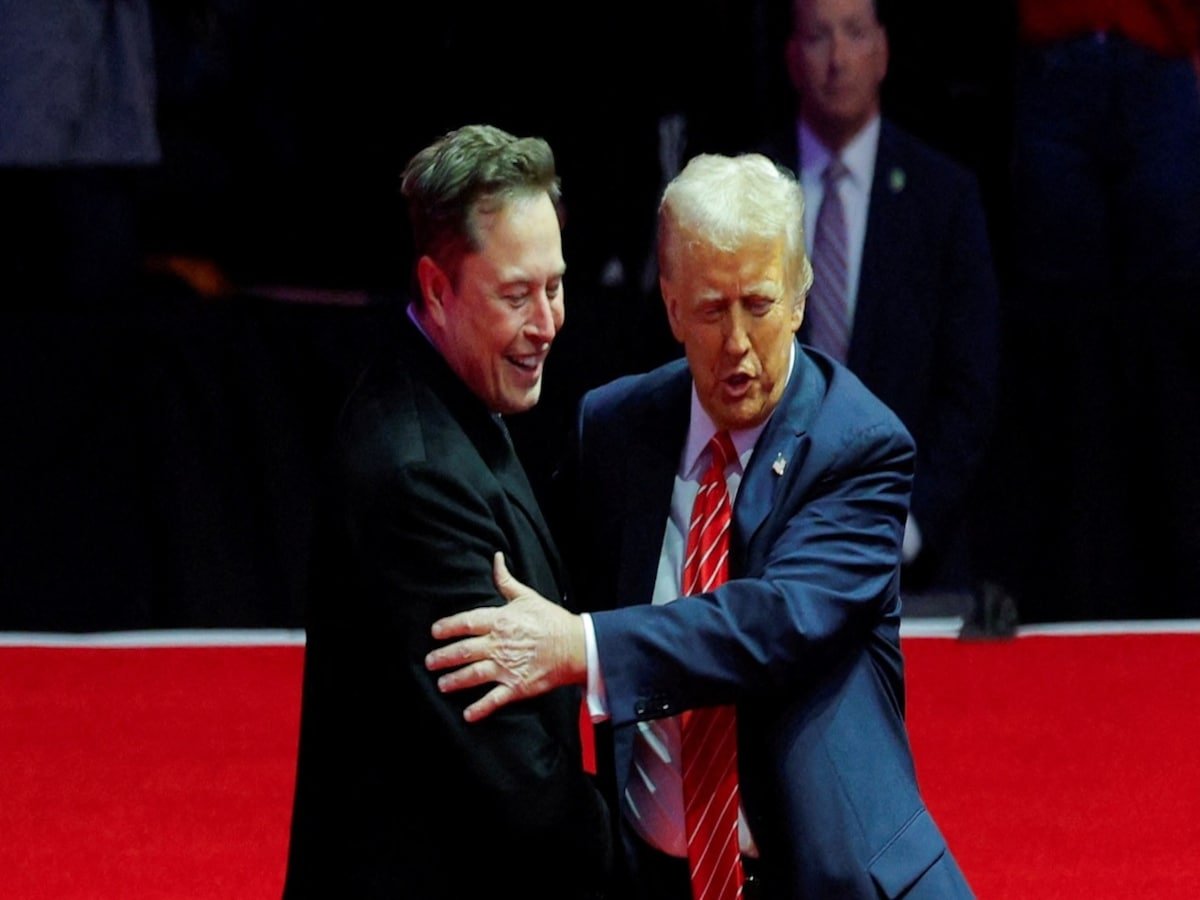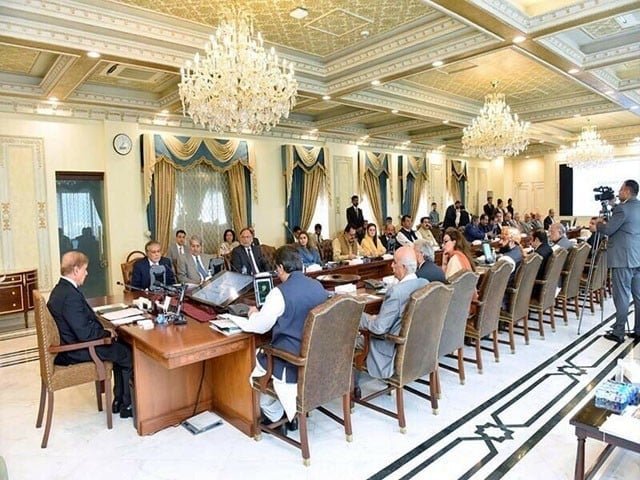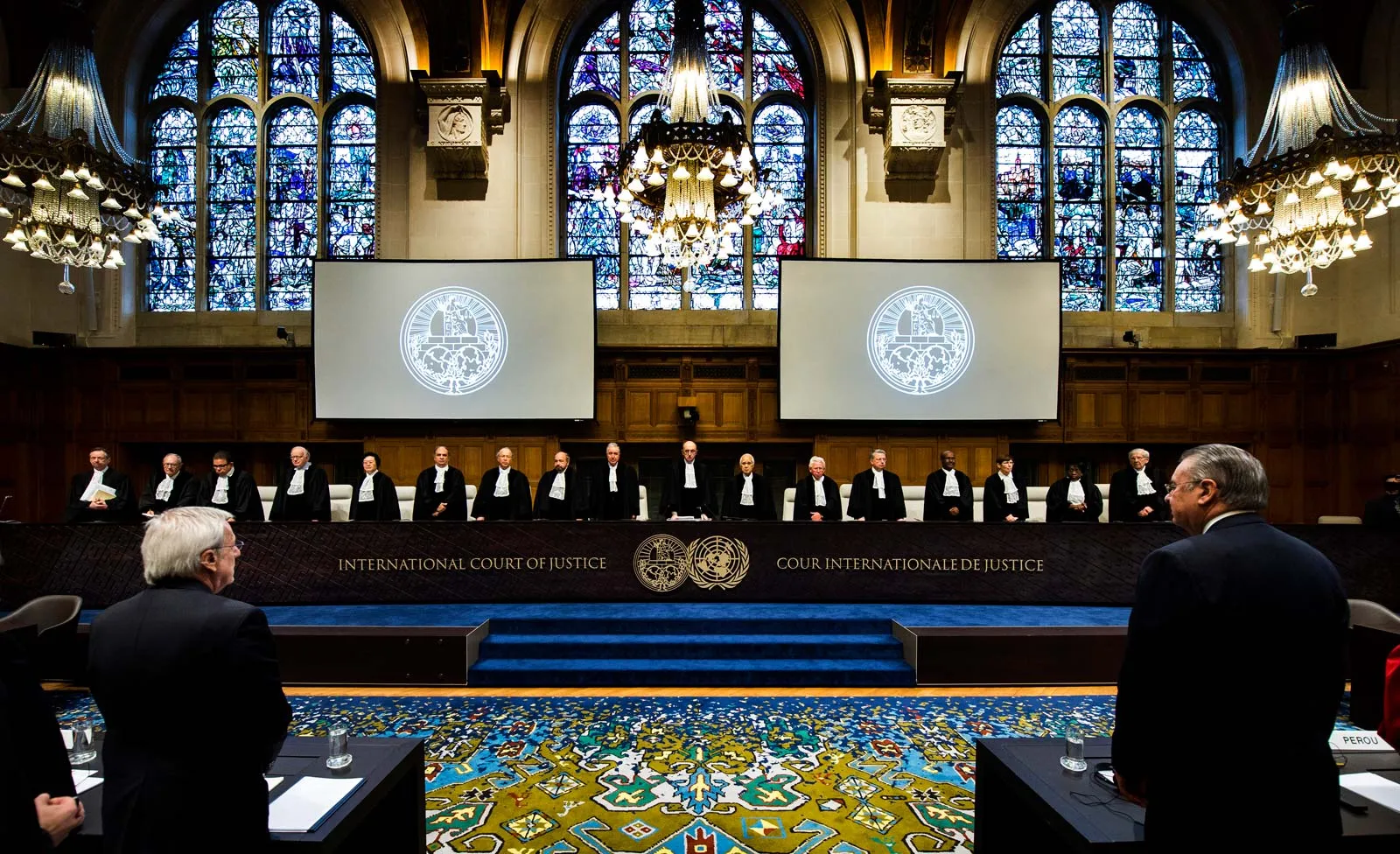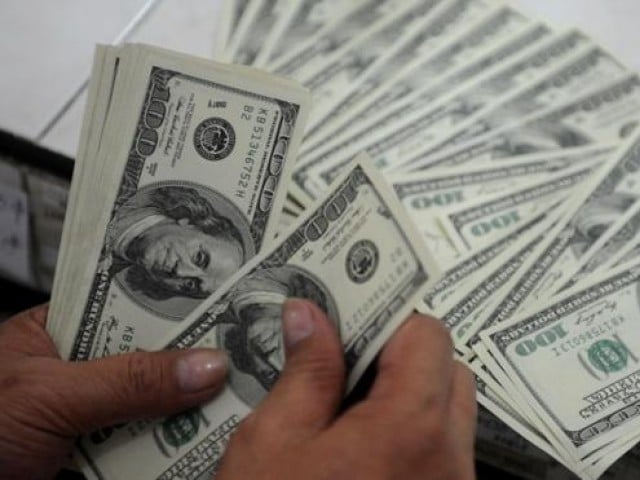Pakistan’s Ambassador to the UAE, Faisal Niaz Tirmizi, has called the UAE’s refusal of visas to Pakistani nationals a “serious and significant” issue, confirming that both countries are actively working on solutions. This response follows reports of a decline in visa approvals for Pakistanis, particularly over the past year, linked to concerns over applicants’ adherence to local laws, political activities, and alleged involvement in sloganeering.
In an interview with Arab News, Ambassador Tirmizi shared that he had met with UAE officials from the Ministries of Foreign Affairs and Human Resource Development to address the matter. He emphasized the gravity of the situation, stating that the issue had been raised at the highest levels in all discussions. However, he remains hopeful that a resolution will be found, acknowledging that it is a matter of significant importance.
Tirmizi clarified that the primary reasons behind the visa rejections were concerns over the authenticity of documents and the criminal records of certain applicants. He explained that the UAE now uses artificial intelligence (AI) to verify documents, and any inconsistencies can result in a visa refusal. He pointed out that there had been issues with the authenticity of educational and qualification documents from Pakistan, and even genuine documents could be rejected if the attestation was deemed flawed.
The ambassador also emphasized the need to prevent individuals with criminal backgrounds from traveling abroad, highlighting the importance of improving systems within Pakistan to ensure that only genuine travelers with clean records are allowed to work internationally.
Regarding employment trends, Tirmizi noted that the UAE no longer requires unskilled labor due to its already developed physical infrastructure. He stressed the need to focus on training individuals for high-skill jobs, including IT experts, artificial intelligence professionals, accountants, doctors, physiotherapists, and laboratory technicians. He also proposed the introduction of a four-year nursing program that would be recognized both in the UAE and across the Gulf Cooperation Council (GCC) region.
Tirmizi pointed out that Pakistan has a surplus of labor and stressed the need for improvements in education and skills training within the country to help workers compete in the international job market.
Despite the visa challenges, Pakistan’s remittances from the UAE have seen substantial growth. According to figures from Pakistan’s diplomatic mission, remittances have increased by 53.9% year-on-year, with projections reaching $3.58 billion for FY2025. Tirmizi noted that a focus on high-skill workers would further boost remittances to Pakistan.
He also highlighted the success of Pakistan’s participation in recent exhibitions and trade events in the UAE, which led to a 40% increase in IT product and service exports. The UAE has now become the third-largest destination for Pakistan’s IT exports, following the US and the UK. Additionally, food product exports, including rice, sesame seeds, and pink salt, have risen by 28% over the past year.
The UAE remains Pakistan’s third-largest trading partner, with total bilateral trade reaching nearly $5.6 billion in FY2023-24. Pakistani exports to the UAE rose by 31% to $873 million in the first half of FY2024, compared to $670 million in the same period the previous year.
Ambassador Tirmizi reaffirmed that both Pakistan and the UAE are committed to resolving the visa issue and expanding their economic cooperation, particularly in skilled labor and trade.

















